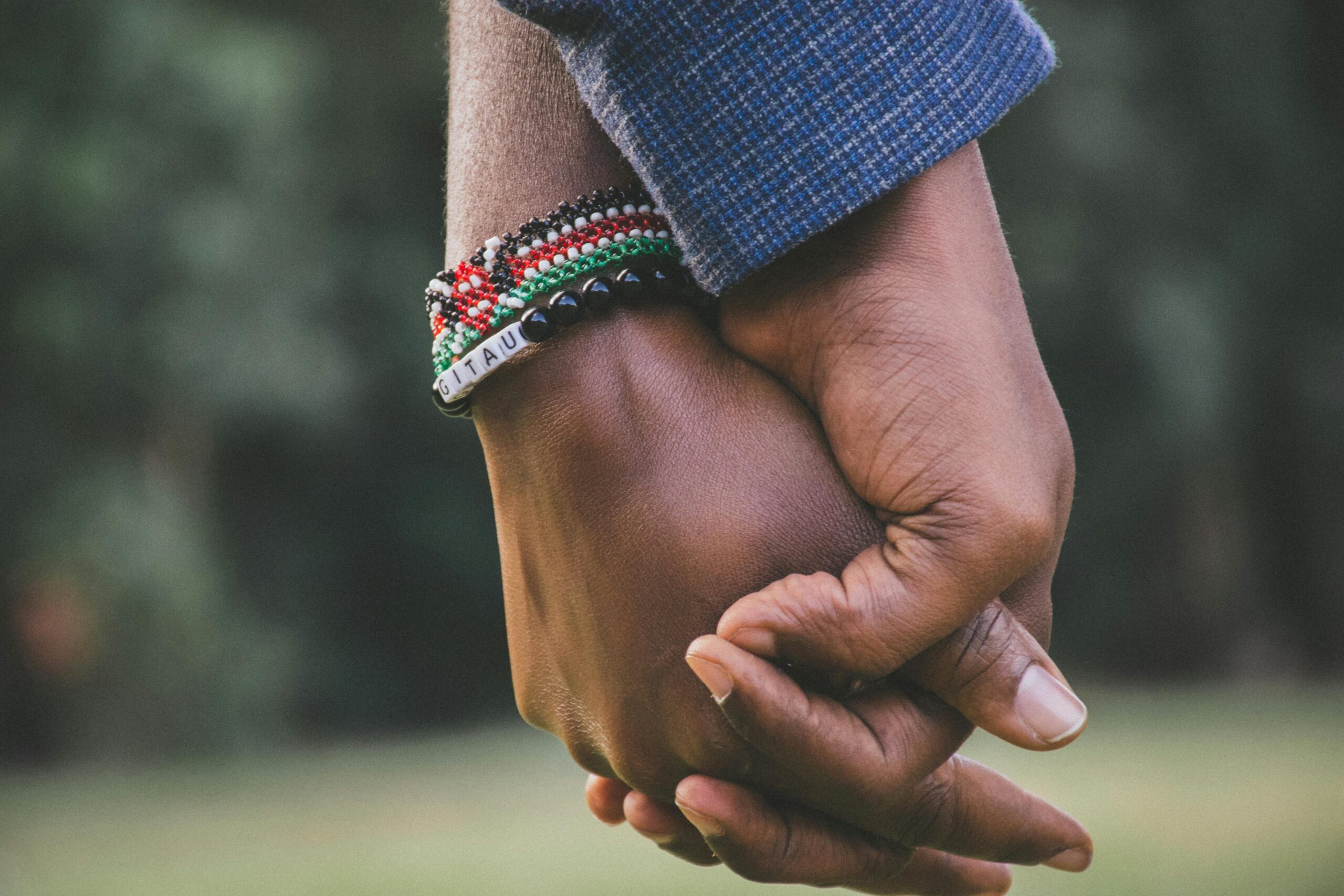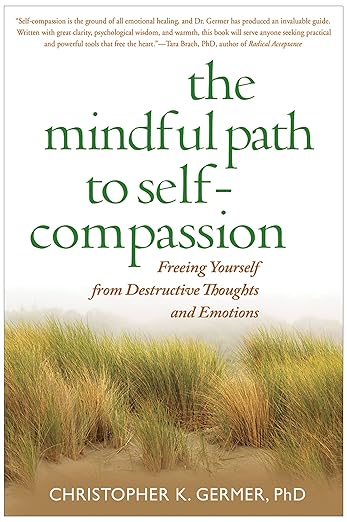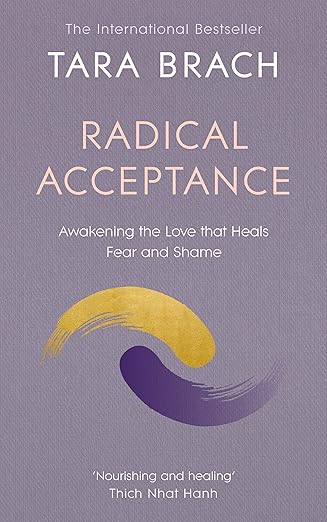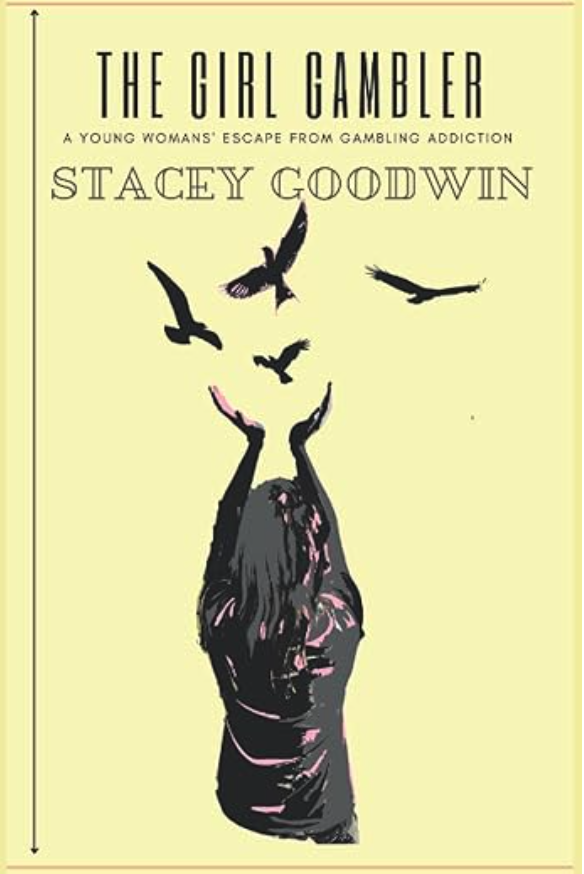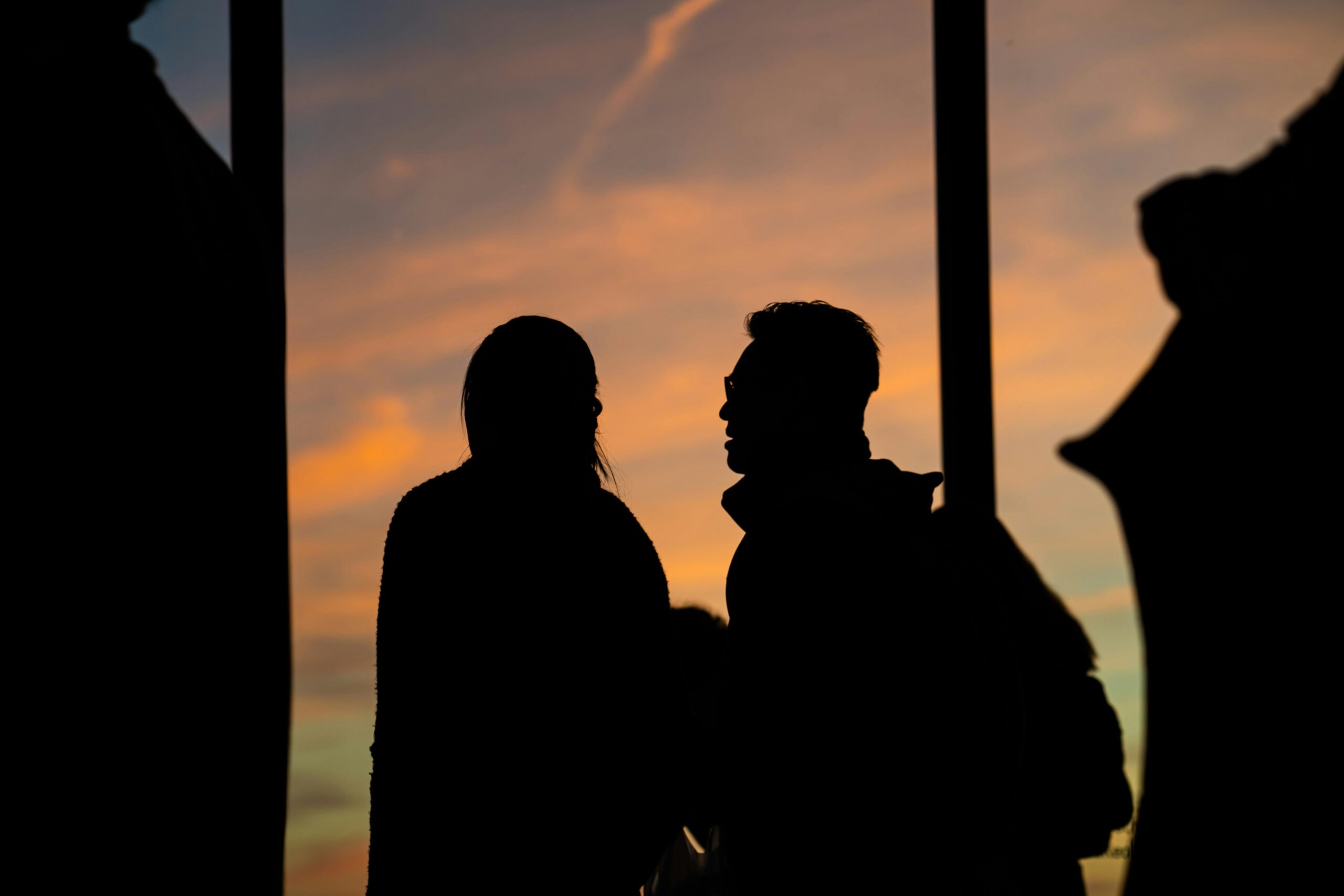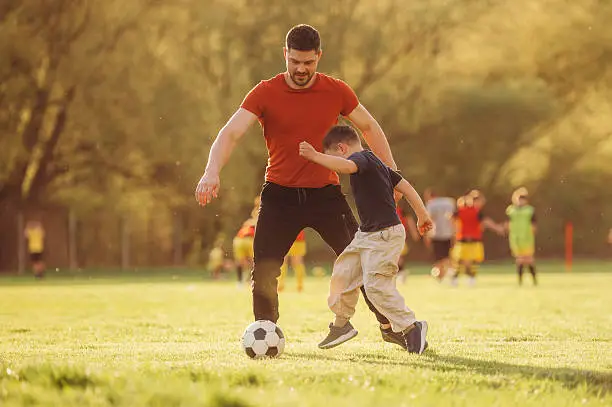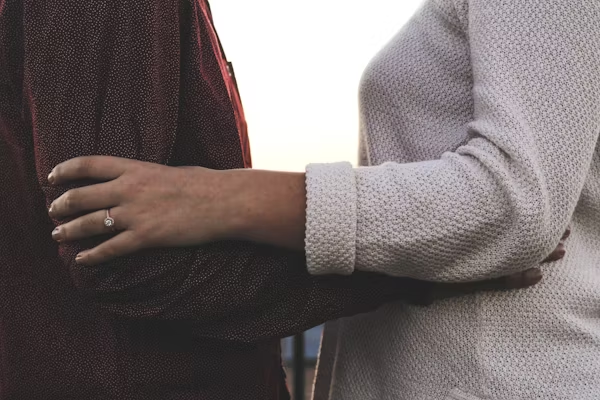Gambling addiction and relationships are deeply connected—often in painful ways. Whether you’re the one struggling or the loved one watching from the sidelines, the emotional fallout can strain even the strongest bonds. But there’s hope. Healing from gambling-related relationship damage is possible—with honesty, support, and the right tools.
Why This Article Matters
Understanding how gambling addiction hurts relationships is the first step toward healing. Gambling addiction isn’t just about money—it’s a deeply relational issue. If you’ve landed here, chances are you’re struggling with more than just financial fallout. You may be facing emotional disconnection, arguments that never resolve, or a feeling that you no longer recognize the person you love.
This article is your starting point toward clarity and emotional repair. Whether you’re the one who gambles or the one impacted by it, know this: relationships can recover from gambling addiction. And you’re not alone.
Please know that some links on High Stakes Healing are affiliate links. This means we may earn a commission if you make a purchase, at no added cost to you. These small contributions allow us to provide articles, tools, and support to those in recovery, while recommending only the resources we genuinely value.
The Hidden Ways Gambling Addiction Damages Relationships
Gambling addiction and relationships are closely linked, often in ways that are invisible at first. Over time, gambling can drive a wedge between partners and families—even when love still exists.
1. Loss of Trust
When gambling behavior is hidden—through lies, denial, or deception—it shatters the foundation of emotional safety. Even small lies can create deep relational wounds.
2. Financial Secrecy and Stress
Unexplained debts, missing money, and financial betrayal are common signs of how gambling addiction hurts relationships. These breaches in transparency often trigger anxiety and ongoing conflict.
3. Emotional Abandonment
Gambling can become a secret escape. The addicted person may emotionally withdraw, leaving their partner feeling isolated and invisible.
4. Communication Breakdown
Discussions around money, trust, or accountability often spiral into blame or silence—diminishing emotional intimacy over time.
5. Walking on Eggshells
Partners may fear triggering shame or relapse. This leads to silence, suppressed needs, and emotional codependency.
What Healing Looks Like in Real Life
Healing from gambling addiction is possible—but it requires intention, accountability, and vulnerability. Rebuilding trust after gambling starts with small, consistent choices.
1. Have Honest, Open Conversations
Use non-blaming language. Try statements like:
- “I feel scared when I don’t know where the money is going.”
- “I want to understand what’s really happening.”
2. Rebuild Financial Transparency
Set a shared budget. Use financial recovery tools. Define who handles what, and work together toward financial stability.
Download Recovery Finance Workbook here.
3. Seek Professional Support
Couples counseling and therapy for gambling addiction can help both partners navigate the pain and rebuild their bond.
Your next phase of recovery starts here
Join the Life Process Program® — a compassionate, private, online recovery system that helps rebuild purpose, habits, and long-term freedom.
Get 15% off with code HIGHSTAKES.
4. Set—and Respect—Boundaries
Boundaries define safety. They clarify what behavior is unacceptable and what steps will follow if those boundaries are crossed.
5. Practice Daily Accountability
Trust is earned over time. Frequent check-ins, honesty about urges, and transparent decision-making matter. Gentle practices like listening to soothing music reduces gambling cravings and anxiety. This can help partners ease stress and reconnect emotionally.
Real-Life Testimonies: Couples Who Chose Recovery
“We hit rock bottom when our house almost went into foreclosure. But therapy gave us a new language for trust. We’re stronger today—not perfect, but honest.”
— Married 14 years, husband in recovery
“When I stopped blaming him and started working on my own healing, things shifted. Recovery taught us both how to show up differently.”
— Partner of a recovering gambler
“We went to couples counseling and joined a recovery group together. It gave us hope. That was the turning point.”
— Wife of a compulsive gambler
Gentle Steps You Can Take Today
- Take our Free Relationship Impact Quiz (Coming Soon)
- Explore Healthy Alternatives to Gambling Urges Through Mindful Self-care
- Download the “Rebuilding Trust” Conversation Guide
- Subscribe to Our Newsletter for Weekly Healing Tools
- Bookmark Our Emotional Support Resource Page
- Explore a List of Counselors Specializing in Gambling Recovery (Affiliated partners available)
Resources for Couples in Gambling Recovery
Some of the links on this page are affiliate links. That means if you choose to make a purchase, High Stakes Healing may earn a small commission—at no extra cost to you. We only recommend books and resources we believe can truly support your recovery journey.
Books to Read Together
Recovery isn’t just about stopping the bets — it’s also about repairing the trust and relationships that may have been hurt along the way. These mindfulness and self-compassion books offer guidance on reducing stress, managing urges, and rebuilding emotional balance.
Therapy and Support Options
- Gam-Anon – A 12-step group for those affected by someone’s gambling
- ReGain Counseling for Couples – Online therapy focused on relational recover
Need Someone to Talk To?
Healing becomes easier with guidance. Online-Therapy.com offers structured CBT-based programs and personal therapist support designed to help you break free from harmful patterns.
For the Partner: Coping Without Losing Yourself
If you’re the partner of someone with a gambling problem, your emotions matter too. You may feel exhausted, ashamed, or stuck. Healing from gambling addiction includes your well-being as well.
Set your boundaries. Get your own support. Healing doesn’t require waiting for the other person to change.
Want to know you’re not alone? Read: My Spouse Gambled Away Our Savings—Here’s How We Rebuilt Trust
For the Person in Recovery: Rebuilding Trust One Step at a Time
You may feel weighed down by guilt—but healing is possible. Rebuilding trust after gambling is a process of transparency, support, and self-forgiveness.
Explore Our Recovery Tools:
- Daily Reflection Sheets
- Recovery Journal Templates
- Financial Recovery Planners
- Trust-Rebuilding Roadmap
Final Thoughts: You’re Not Alone in This
Gambling addiction and relationships can coexist, but healing requires hard truths and new habits. If you’ve wondered how gambling addiction hurts relationships, know this: You can recover—together or alone.
“Even broken bonds can be mended—with consistency, care, and clarity.”
This journey is hard. But so is staying stuck. Choose healing for gambling addiction and relationships. You already have, by reading this far.
Stay Connected
Join the High Stakes Healing community to promote healing on gambling addiction and relationships.
Subscribe to our newsletter for weekly tips, healing stories, expert Q&As, and free tools.
→ Join Now
Frequently Asked Questions on Gambling Addiction and Relationships
How does gambling addiction affect close relationships?
Gambling addiction can damage relationships through financial secrecy, trust breakdowns, emotional withdrawal, communication breakdowns, and the constant feeling of “walking on eggshells” around the person struggling. Recovery really requires rebuilding honesty, transparency, and connection.
Can a relationship survive after trust has been broken by gambling?
Yes—relationships *can* heal. It takes consistent honesty, financial transparency (shared budgeting, open communication about money), emotional accountability, and usually some form of professional support like couples or addiction-focused therapy. Small, reliable steps rebuild trust over time.
What steps can couples take together to start healing?
Begin with open, non-blaming conversations (e.g. “I feel scared when money goes missing”). Use practical tools like shared budgets or downloadable “Rebuilding Trust” guides. Set respectful boundaries, say what’s expected, and consider couples counseling for guided support.
Should I involve a therapist or counselor, even if the gambler wants to quit?
Absolutely. Whether both partners participate or only one does, professional support such as addiction-informed therapy or couples counseling can provide structure, prevent cycles of blame, and help rebuild emotional safety more quickly and sustainably.
How do I heal my own emotional trauma if my partner struggles with gambling?
Your emotional wellness matters. Set boundaries, seek your own support or counseling, prioritize self-care, and consider groups like Gam-Anon where people affected by someone else’s gambling can heal without losing themselves.
Start Your Healing Journey
If you’re ready to start your own recovery, follow our Gambling Recovery Roadmap for a proven step-by-step plan.
Next Up on Your Healing Journey
- Therapy Apps for Gambling Recovery Support
- Personal Recovery Stories From Gambling Addiction Memoirs
- Mindset and Habit-building Tools for Gambling Recovery
- Comprehensive Gambling Recovery Guide
- Podcasts That Guided My Gambling Recovery Journey
Check out the High Stakes Healing homepage for more resources on gambling addiction recovery.


